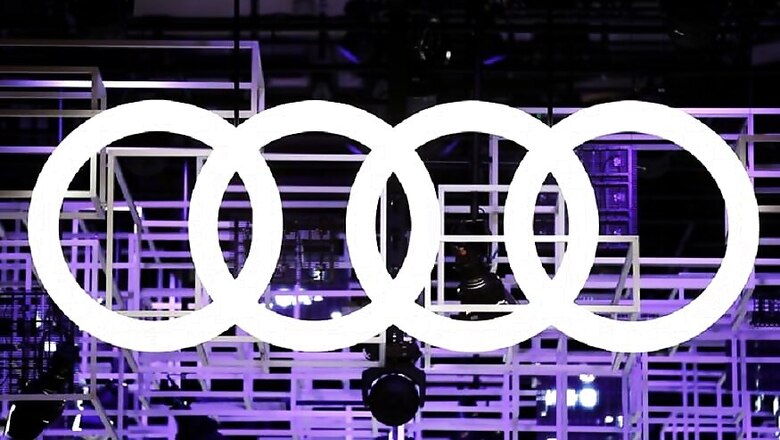
views
German prosecutors said they had arrested a second employee of luxury carmaker Audi as part of a probe into parent company Volkswagen's emissions cheating scandal. The arrest on Wednesday came after investigators searched two premises, a spokeswoman for the prosecution's office in the southern city of Munich told AFP.
She added that prosecutors had also widened their investigation and were now looking into more suspects. She declined to divulge any identies, saying only they did not involve Audi board members. "There are still no former or current Audi board members among the suspects," she told AFP.
The Sueddeutsche Zeitung and broadcasters NDR and WDR named the arrested suspect as Wolfgang Hatz, who stepped down from his post on Porsche's management board last year after being suspended over the "dieselgate" investigation. Hatz was head of engine development at Audi from 2001 to 2007, before moving on to lead powertrain development at the VW group and then becoming research and development chief at Porsche, another VW subsidiary.
"With Hatz' arrest, the scandal over manipulated emissions enters into a new phase," the Sueddeutsche daily wrote. "He was in a position of responsibility at all of VW's key brands." Also in custody since July is former Audi executive Giovanni Pamio, 60, who has been charged with fraud by the US Department of Justice over Audi's role in the "dieselgate" scandal.
According to the DOJ, Pamio directed Audi engineers to design software to cheat US emission tests. Volkswagen, the world's largest carmaker, admitted in September 2015 to using so-called "defeat device" software to cheat regulatory nitrogen oxides emissions tests in some 11 million cars worldwide. The devices allowed the cars to spew up to 40 times the permissible limits of nitrogen oxide during normal driving, but this was hidden during emissions testing.
VW faces an array of legal challenges in Germany and worldwide relating to the software, installed mainly in own- brand vehicles but also in cars made by Audi, Skoda and Seat, among its stable of 12 brands.
Also Watch: New Maruti Suzuki S-Cross (2017) First Drive Review | Cars18




















Comments
0 comment